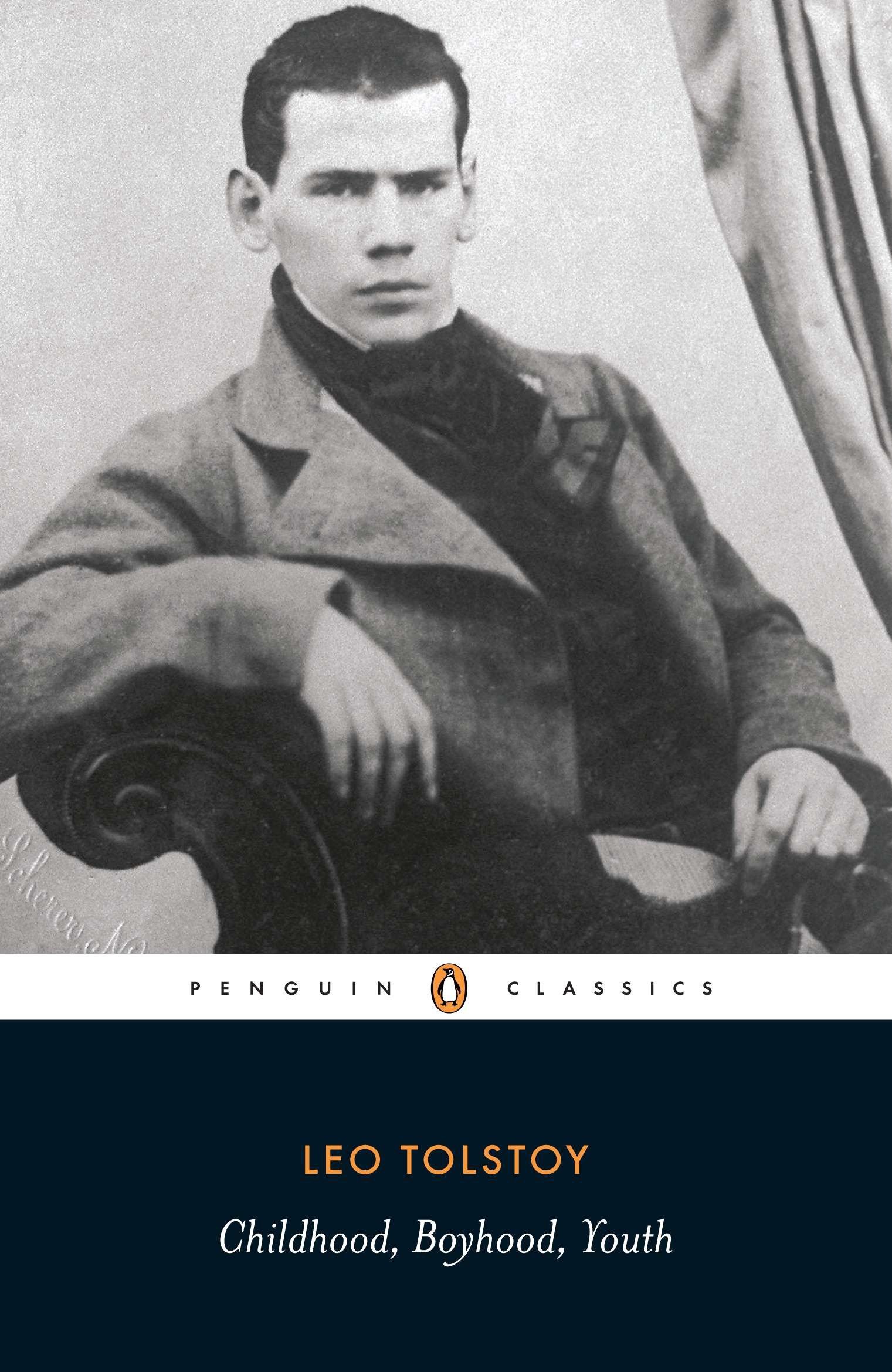Tolstoy’s follow-up to his first book, Childhood, picks up very quickly after the first book. Our erstwhile narrator, Nicolay, finds himself swept off to the big city as the book begins and while there, he undergoes an intense emotional awakening. I think that Tolstoy is really a genius at capturing two things that really ring true about children/adolescents. First of all, he is able to tap into and express really well the intensity of emotion that you have when you’re young. Secondly, he really understands the way children think. There are sections of this book where Nicolay goes off on these extended daydreams/reveries and they genuinely took me right back to my childhood and I recalled some of those fantasies from my own childhood that I hadn’t thought about in years. There’s just a particular way your mind leaps from subject to subject and your fantasy just spins out bigger and bigger until you’ve populated an entire world around yourself in your imagination. Tolstoy nails it. There is section of the book where Nicolay has an emotional breakdown that is really vivid and kind of frightening; Tolstoy captures the feeling of being out of control and unable to stop yourself from doing and saying things you know you shouldn’t do and say. This book is more philosophical than the previous book; Nicolay inserts several comments from the “present day,” ie. The time when he’s narrating the book and this gives us a, sometimes much needed, distance from some of the young Nicolay’s emotions and thoughts. As the young Nicolay begins to wrestle with the existential questions for the first time, the older Nicolay is abashed at the ease with which children believe they understand the world better than anyone else. The one possible misstep in this book is at the very end. Childhood had a really great ending that makes the book stand alone just fine, but this book ends on . . . well, not a cliffhanger, but a very obvious set-up for what the next book is going to be about. Tolstoy has Nicolay form an intimate friendship with another boy in the latter half of this book and as Boyhood comes to a close, the older Nicolay darkly hints that their relationship would take some turns neither of them could have foreseen. I suppose it’s a testament to just how good Tolstoy is at creating characters that this functions as a cliffhanger of sorts. There are no great plot threads to resolve, but it seems that an important friendship may begin to fray and that’s enough to make me pick up the next, and final, book in the trilogy immediately. So, regardless of whether it feels a little obvious in terms of setting up the next book, well, it works, so fair enough. On the whole, Boyhood is more complicated emotionally and intellectually than Childhood; it’s a step up and, at the end of the day, probably the better of the two. 4 stars.
tl;dr – second book in trilogy is more emotionally intense & more philosophically dense; the characters that still dominate the book remain fascinating and compelling. 4 stars.
